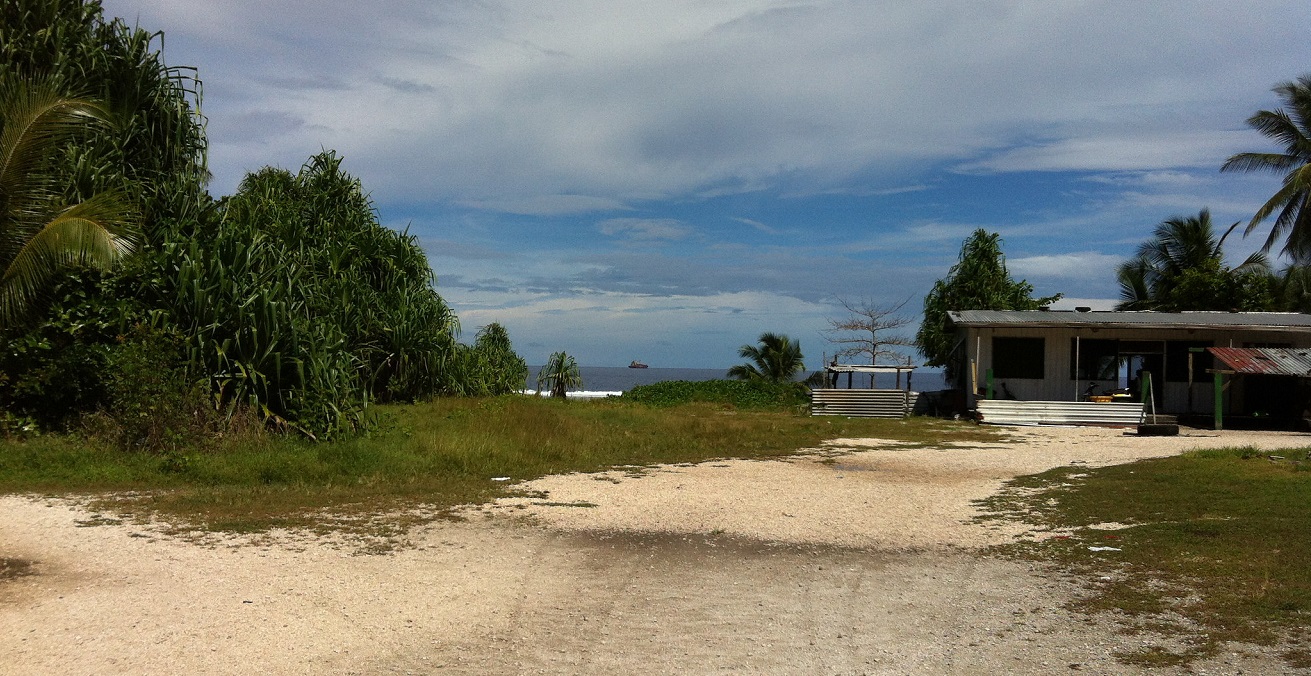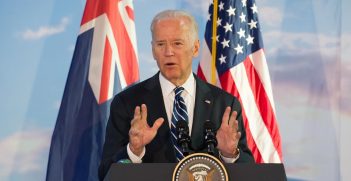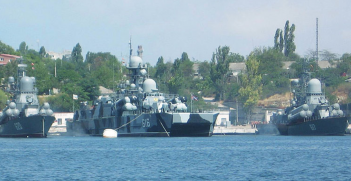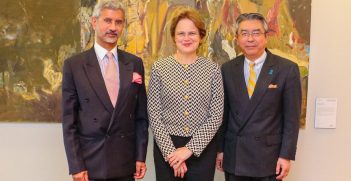Enabling Authoritarianism in the Indo-Pacific?

The term “Indo-Pacific” has become increasingly present in Australian foreign policy discourses, particularly in terms of democracy promotion. Yet perceptions of exceptionalism can have the opposite effect.
For some, the term denotes a place, an idea, a narrative, a strategic geography, and a way of mapping a collective vision of regional order. Efforts by states such as Australia and the United States to promote democracy have been viewed as a counter-strategy to China’s autocracy promotion in the name of advancing a “free and open” Indo-Pacific. The relevance of shared democratic values have been “under-appreciated” in the framing of the Indo-Pacific. Indeed, recent Australian white papers have identified rising authoritarianism in the region as a challenge to its security interests, highlighting Australia’s normative commitment to global democracy.
Does Australia live up to these democracy-promoting principles in the Indo-Pacific? In its regional engagements, Australia has, in the past, attempted to export principles of democracy to states within the region using “carrot and stick” approaches. “Democracy promotion” generally describes a large range of foreign policy instruments employed by Western states and associated institutions to promote democratisation within states and globally through encouraging or compelling non-democratic states to transition to democracy or improve the quality of democratic governance.
Despite extensive efforts by states to promote democracy, global democracy has been in retreat since the early 2000s. In 2019, the Freedom in the World report recorded the thirteenth consecutive year of global democratic decline. Democracy as the international standard of domestic political legitimacy has been undermined as resistance to democracy promotion has increased, including in the ways that authoritarian powers have sought to promote autocracy.
But what the democracy/autocracy promotion dichotomy tends to miss is the ways in which Western states may also enable the development or maintenance of non-democratic regimes. Democracy promotion by Western states has long been subject to scrutiny by analysts from all ideological persuasions. One important body of work draws our attention to the “hypocrisy” of the United States in abandoning democratic principles when it suits its national interests. Critics have framed American “exceptionalism” as really meaning “exemptionalism,” referring to its capacities to create exceptions for itself and its own conduct on the global stage, particularly in the areas of democracy promotion and human rights.
Australia also engages in practices that have undermined its democracy promotion principles in its immediate region. In carving out exemptions (“exemptionalism”) from their purported standards of behaviour, democratic states may contribute to rising authoritarianism in direct and indirect ways. These include failing to criticise governments for actions that contribute to a decline in democracy and human rights; reducing funding for democracy promotion activities; and providing funding that directly enables democratic states to either remain autocratic or become autocratic.
One example of Australia’s enabling of authoritarianism is the re-establishment of the “Pacific solution” and Regional Processing Centres (RPC) in 2012 in the small Pacific island state of Nauru. A former protectorate of Australia, New Zealand, and the United Kingdom, Nauru (population: 13,649) remains largely economically dependent upon Australia. Since the re-introduction of the Pacific Solution in 2012, Nauru’s revenue has been largely drawn from Australian aid, funding and taxes related to the RPC, and the monthly visa fees it charges Australia per asylum seeker. It can be difficult getting a clear picture of the funding that flows directly to Nauru’s government. In 2017-18, two-thirds of Nauru’s entire revenue of $170 million came as either direct aid, resettlement and visa fees for refugees, fees to the RPC, or reimbursements to Nauru’s government.
In Nauru, minimum standards for democratic governance – such as free press and rule of law – have been eroded. In 2014, to restrict international reporting on the living conditions of refugees, the Nauruan government introduced a non-refundable $8000 visa application fee designed to deter foreign journalists from entering Nauru. Nauruans must also apply for police permission to peaceful assembly or demonstration, and “it is unlawful to criticise government policies or actions if the government judges that criticism might incite political hatred.” Nauru’s Criminal Code amendment (section 244A) adopted by its parliament imposed harsh penalties, including a prison sentence of up to seven years, for engaging in speech that would be considered legitimate in free democracies. The government tried to order the shutdown of several social media sites, including Facebook, ostensibly to prevent access to pornography. Former MPS have been prosecuted and jailed for participating in demonstrations, and members of judiciary – most of whom were Australian – have been sacked and forcibly deported and denied re-entry after making decisions that the government did not agree with.
The Australian government’s asylum seeker policy is intertwined with this rising authoritarianism in Nauru. Australia has turned a “blind eye” to the challenges to judicial independence and rule of law, reflecting a passive form of enabling authoritarianism. However, Australia’s funding arrangements may also render it complicit in a more direct way. Opposition ministers have accused the government of buying votes, which if true, would rely upon Australian money. In 2019, former Nauruan President Sprent Dabwido described the RPC reopening as “a deal with the devil,” arguing that “[t]he Nauru government should find a better way than living on these people’s blood” and the people of Nauru should “stop taking the money from Australia, stand on your own two feet and become a good member of the international community.”
Australia’s preparedness to sideline democratic values in its foreign policy lies in the difficulties in balancing international and domestic priorities. Ultimately, the “securitisation” of asylum seekers has meant that formal democratic processes within Australia have produced undemocratic outcomes in foreign policy, undermining the democratic pillars of its “Indo-Pacific” discourses.
Dr Rebecca Strating is a lecturer in Politics in the Department of Politics and Philosophy at La Trobe University. She researches Australian politics and foreign policy, small states and maritime disputes in Asia-Pacific.
This article is published under a Creative Commons Licence and may be republished with attribution.





